Introduction
In the dynamic world of renewable energy, importing solar panels from China has become an increasingly popular option for businesses and individuals alike. This decision is driven by China’s unparalleled expertise in solar technology, the cost-effectiveness of its manufacturing processes, and the extensive range of products available.
However, navigating the complexities of international procurement, from understanding local import regulations to ensuring product quality and compliance, requires a structured and informed approach.
This article offers a comprehensive guide to assist you in successfully importing solar panels from China, covering every critical aspect of the process.
Part 1: Chinese Solar Panel Market: Why Import Solar Panels from China?
When considering the procurement of solar panels on a global scale, China emerges as a leading contender due to several compelling factors. The country’s dominance in solar technology, cost-effective manufacturing, diverse product options, adherence to global compliance and standards, robust export infrastructure, and strong government support and stability collectively position China as a top source for solar panel imports.
1.1 Dominance in Solar Technology
Chinese manufacturers have positioned themselves at the forefront of solar technology globally. This leadership stems from their unwavering commitment to research and development, allowing them to produce a wide range of solar panels suitable for diverse applications, from residential to industrial scales.
The technological prowess of these manufacturers is evident in the advanced features of their solar panels. They offer enhanced energy conversion efficiency, superior durability, and compatibility with smart grids. Their focus on both innovation and reliability ensures that the products delivered are not just cutting-edge but also durable and efficient.

1.2 Cost-Effective Manufacturing
The solar panel industry in China benefits enormously from its capacity for large-scale manufacturing and an efficient supply chain. This is made possible by streamlined production techniques, government subsidies, and access to cost-effective labor and raw materials. These factors contribute to lower production costs, enabling Chinese manufacturers to offer high-quality solar panels at competitive prices internationally.
Furthermore, continuous improvements in manufacturing processes have led to lower defect rates and higher yields, augmenting the overall cost-effectiveness of their solar panel production.
1.3 Wide Range of Product Options
China’s solar panel market is distinguished by the breadth of its product range. It caters to all types of consumers, offering everything from basic models for small residential systems to advanced panels for large-scale commercial and utility projects.
This diversity ensures that customers can find solar panels that meet their specific needs in terms of power output, size, and functionality, including options for remote monitoring and battery storage system integration.
1.4 Global Compliance and Standards
Recognizing the international scope of the solar panel market, Chinese manufacturers have made concerted efforts to comply with global standards and obtain necessary certifications.
This adherence to international norms not only expands their market access but also reassures global customers about the quality, safety, and environmental sustainability of their products.
1.5 Strong Export Infrastructure
The well-established export infrastructure in China significantly eases the process of importing solar panels for international buyers. This includes an adept logistics network experienced in handling international shipping and navigating customs procedures efficiently.
Such a robust system ensures timely and efficient product delivery, minimizing potential delays and extra costs for buyers.

1.6 Government Support and Stability
The Chinese government has consistently supported the growth of the renewable energy sector, including solar panel manufacturing. This support has resulted in a stable and favorable business environment for these manufacturers.
Government policies, including tax incentives and grants, contribute to the industry’s stability and growth, ultimately benefiting international consumers through reliable and consistent product availability.
Part 2: Key Considerations for Importing Solar Panels from China
When embarking on the journey of importing solar panels from China, it’s imperative to carefully consider several key factors that can significantly impact the success of your procurement process. Understanding these factors not only aids in making informed decisions but also ensures that the solar panels you import meet your specific needs and comply with international standards.
2.1 Manufacturer’s Reputation and Certifications
Depth of Experience: Investigate the manufacturer’s history in the solar industry. A long-standing presence often indicates extensive experience and a proven track record.
Quality Assurance Processes: Understand the manufacturer’s quality control measures. This includes their approach to testing products during and after production to guarantee consistent quality.
Certification Validity: Verify the authenticity of their certifications. Ensure these certifications are current and valid, reflecting their commitment to quality and compliance.
2.2 Product Specifications and Efficiency
Technological Advancements: Evaluate the technological advancements incorporated into the solar panels. Look for features like PERC (Passivated Emitter and Rear Cell) or bifacial technology that can offer higher efficiency.
Customization Options: Assess the extent to which manufacturers can customize solar panels to suit specific projects or environmental conditions.
Compatibility: Ensure the solar panels are compatible with other components in your solar system, such as inverters and mounting systems.

2.3 Regulatory Compliance
Local and International Standards: Check for compliance with both local regulations in your country and international standards. This might include IEC (International Electrotechnical Commission) standards for solar panel safety and performance.
Environmental Impact: Consider the environmental footprint of the solar panels. Manufacturers adhering to eco-friendly practices demonstrate responsibility towards sustainable development.
2.5 Logistics and Shipping
Reliability of Delivery: Assess the manufacturer’s track record for on-time delivery. Delays in receiving solar panels can significantly impact project timelines.
Shipping Options: Consider different shipping options in terms of cost, transit time, and the environmental impact of shipping methods.
2.6 After-Sales Service and Warranty
Warranty Coverage: Clarify the terms of the warranty, including duration and what it covers. A strong warranty can be indicative of product reliability.
Customer Support: Evaluate the manufacturer’s customer support services. Responsive and effective after-sales service is crucial for addressing any future issues.

2.7 Market Trends and Innovations
Adaptation to Market Changes: Assess how quickly the manufacturer adapts to market changes and technological innovations. Agility in response to evolving market trends can be a sign of a forward-thinking manufacturer.
Future Compatibility: Consider the potential for future upgrades or expansions of your solar installation. Choose panels and components that can adapt to or integrate with future technological advancements.
Part 3: Step-by-Step Guide to Importing from China
Embarking on the journey to import solar panels from China involves navigating a series of intricate steps, each crucial to ensuring a successful and efficient transaction.
Step 1: Understanding Local Import Regulations
Before delving into market research, it’s paramount to familiarize yourself with the local import regulations in your country. This preliminary step is crucial as it lays the foundation for a compliant and smooth import process.
It involves understanding the legal framework, tax implications, environmental standards, and any specific requirements or restrictions on importing solar panels. Gaining clarity on these aspects will help avoid potential legal hurdles and financial surprises later in the process.
Step 2: Conducting Thorough Market Research
Once you’re well-versed with your local import regulations, the next step is to dive into extensive market research. This phase is about exploring the landscape of Chinese solar panel manufacturers.
Utilize various resources like online platforms, attend international trade shows, and review comprehensive industry reports to gather in-depth information. This step will not only help you identify potential suppliers but also give you insights into the latest technological advancements and market trends in the solar panel sector.

Step 3: Evaluating and Selecting Suppliers
Once you have a list of potential suppliers, the next step is to engage with them. Contact these suppliers to evaluate their manufacturing capabilities, quality of products, and to request quotes.
It is important to ask for references or case studies that demonstrate their expertise and reliability. This evaluation is not just about comparing prices but also about assessing the quality of products and the reliability of the suppliers.
Step 4: Sample Evaluation and Testing
Before finalizing any large orders, it is crucial to request samples from the suppliers for quality evaluation and testing. This step ensures that the solar panels meet your specific standards and expectations in terms of performance and quality.
Testing these samples under your local conditions will provide a practical insight into how they will perform in the real world.
Step 5: Negotiating Contract and Payment Terms
After selecting a supplier, the next phase is to negotiate the contract and payment terms. This negotiation should cover all essential aspects including pricing, delivery schedules, payment terms, and after-sales service.
Step 6: Arranging for Shipping and Logistics
Determining the logistics is a critical step. You will need to decide on the shipping terms, such as Free On Board (FOB) or Cost, Insurance and Freight (CIF), and select a reliable freight forwarder.
Consider the different costs involved, transit times, and choose between sea or air freight based on your requirements. The choice of shipping method can significantly affect the overall cost and timeline of the project.

Step 7: Handling Customs Clearance and Import Duties
Navigating the customs process is a complex but essential part of importing solar panels. Work closely with an experienced customs broker to ensure a smooth customs clearance process. They can help you understand and manage the import duties and taxes applicable in your country. Being well-informed about these expenses and regulations will help avoid any unexpected costs or legal issues.
Step 8: Quality Inspection upon Arrival
The final step is to thoroughly inspect the shipment upon its arrival. Check for any discrepancies or damages and ensure that the delivered products match the agreed specifications and quality standards.
Conclusion
Embarking on the importation of solar panels from China is a journey that intertwines various intricate steps, encompassing the understanding of local import laws, in-depth market analysis, stringent supplier assessments, and effective handling of logistics and customs. This comprehensive process demands a strategic and meticulous approach.
Opting for a reputable Chinese supplier like SolarCtrl can significantly smoothen your procurement process. SolarCtrl stands out for its reliability, cutting-edge technology, and exceptional customer service. Their commitment to quality and innovation ensures that you receive solar panels that meet global standards, enhancing the efficiency and sustainability of your renewable energy projects.
With SolarCtrl, you are not just purchasing solar panels; you are investing in a future of renewable excellence.



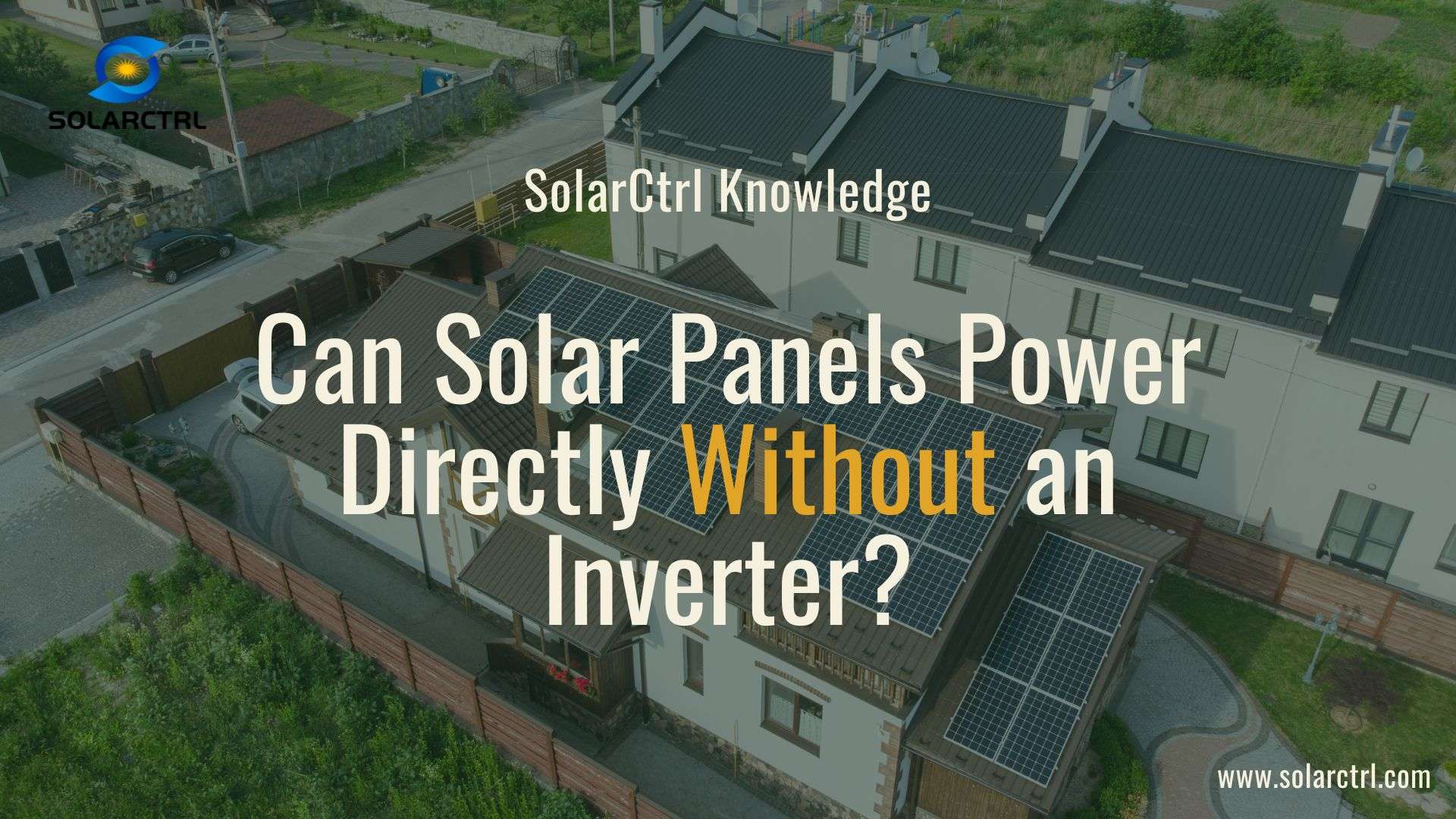
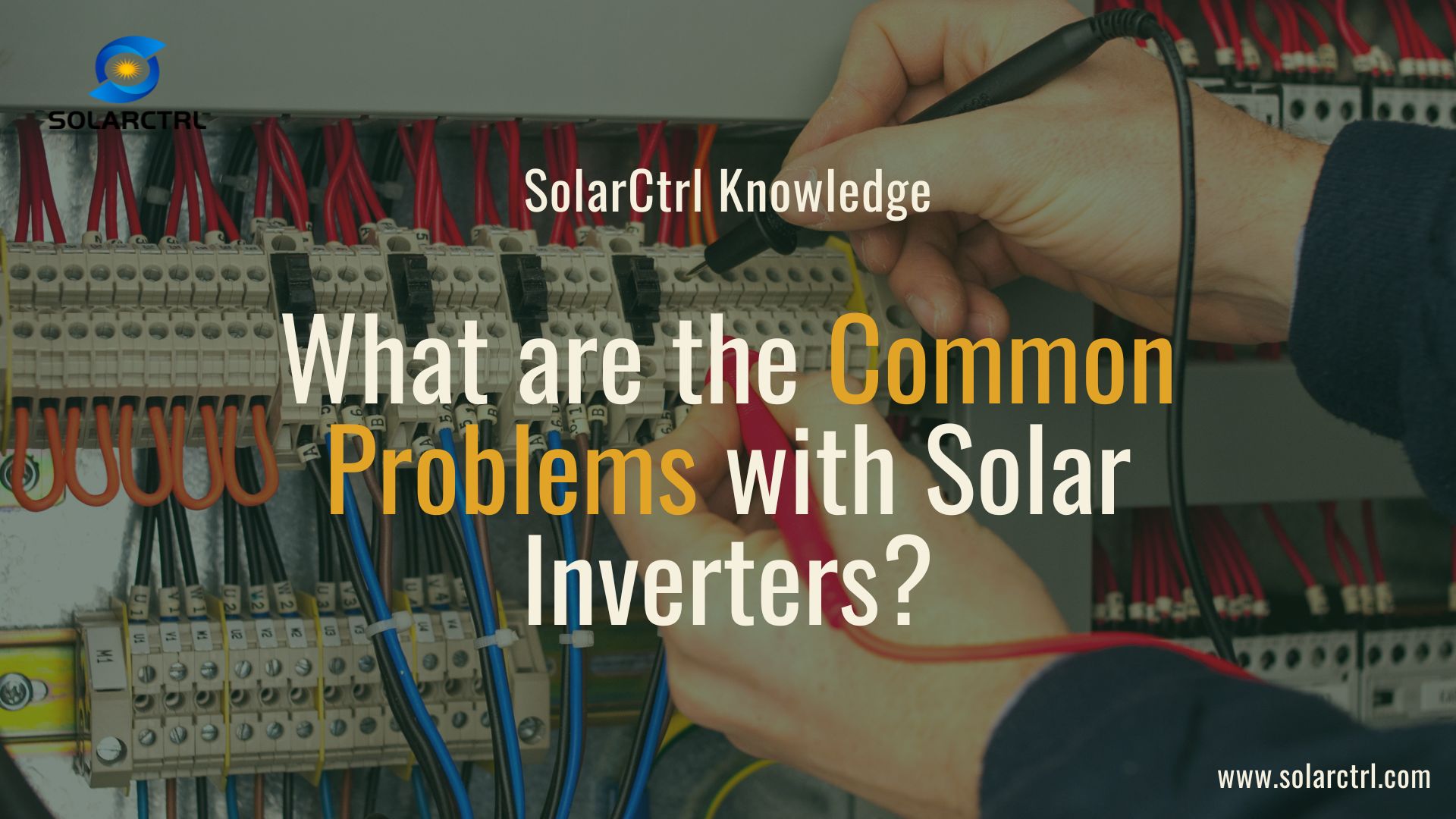






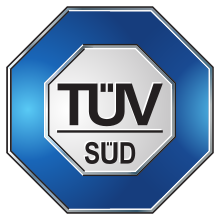

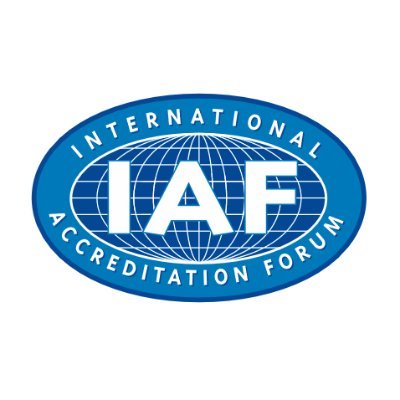


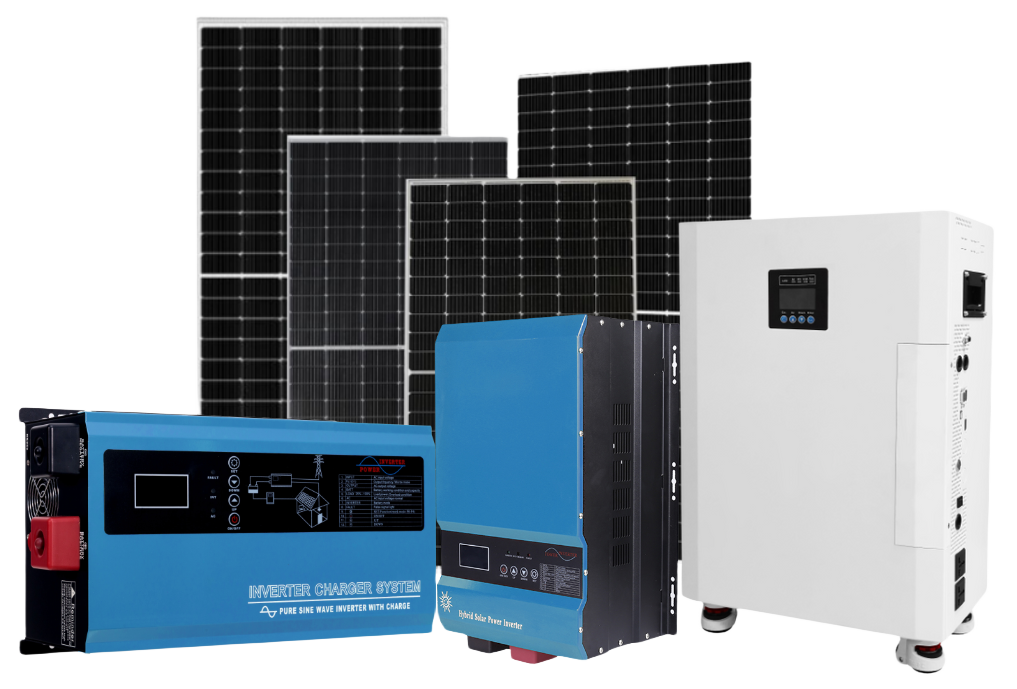
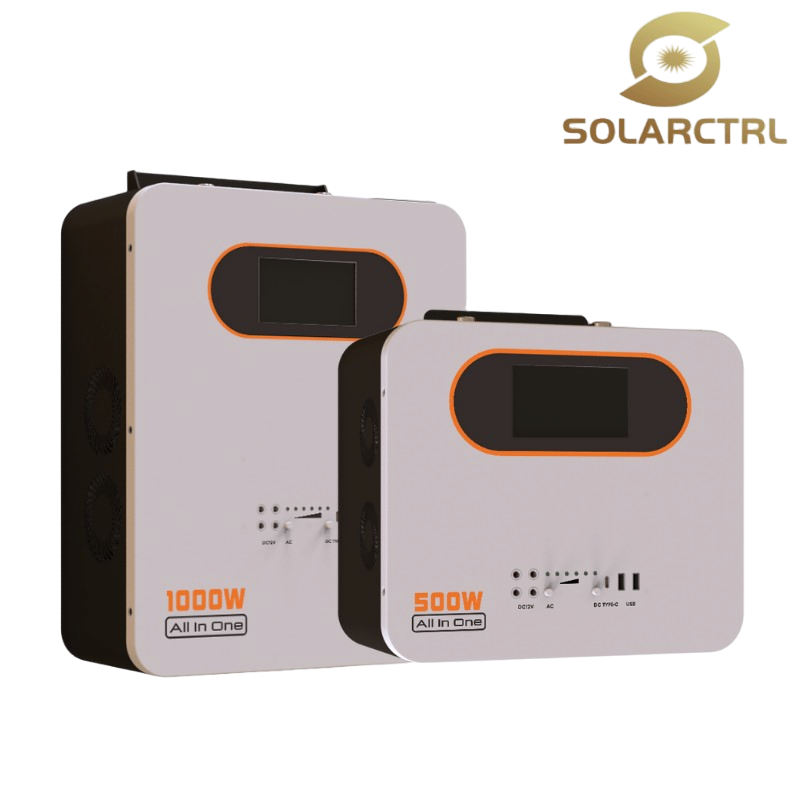
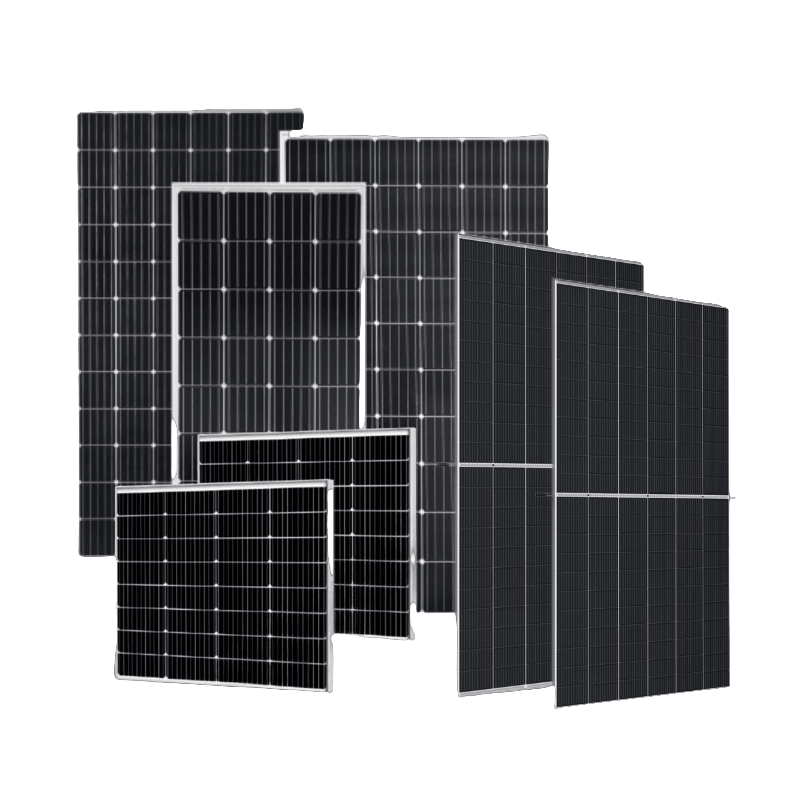
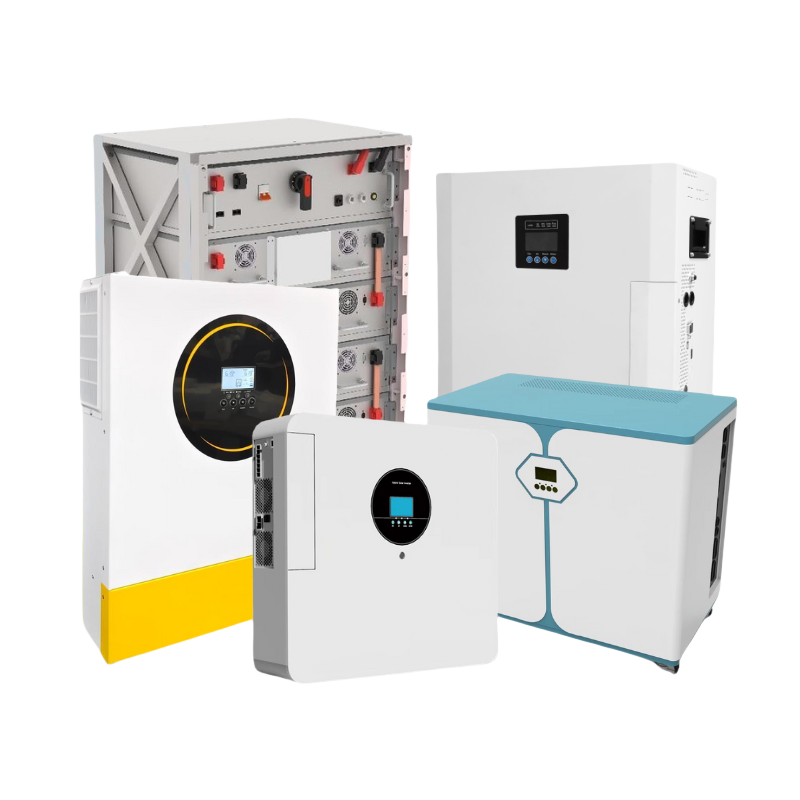
7 Responses
I want to get more information on your product
Hi Joshus,
Thanks for your interested in our products, for more detailed information about the solar products, pls contact our sales manager: Fiona
Email: fiona.cao@solarctrl.com
Phone/ WhatsApp: +86 18038650138
I am writing to inquire about your range of affordable and efficient solar panels suitable for consumer use in the Egyptian market. I am particularly interested in products that offer high efficiency and reliability at a reasonable price point. Additionally, I would like to explore the potential for scaling up to commercial and industrial applications in the future.
Could you please provide me with a detailed product list, including specifications and pricing? I would also appreciate any insights or recommendations you may have regarding trends and innovations in the solar panel market.
Thank you for your assistance. I look forward to your response.
Dear Moustafa,
Thank you for your interest in our solar panels. We offer a range of high-efficiency and reliable solar panels that are well-suited for the Egyptian market, both for consumer use and potential scale-up to commercial and industrial applications.
To assist you better, our sales manager FIona will provide you with a detailed product list. We can also offer insights into the latest trends and innovations in the solar panel market, helping you make an informed decision.
Please expect to receive the detailed information shortly. If you have any specific requirements or further questions, feel free to let me know.
Email: fiona.cao@solarctrl.com
Phone/ WhatsApp: +86 18038650138
Educative piece. Well done. I am in Ghana and about importing inverters batteries and solar panels. I have learnt alot from your article and would keep you informed about any developments.
Thank you
Good article and guide, we appreciate if u could send more details about ur products, looking for Iranian market
Panels inverters, batteries
Awaited….
Hi Sheriff,
Thank you very much for your interest in our products for the Iranian market. At Solarctrl, we exclusively provide high-quality, Chinese-manufactured solar panels, inverters, and batteries. Our products are known for efficiency, reliability, and strict quality control, which helps support sustainable energy solutions worldwide.
For more details and personalized assistance, please feel free to contact our business manager via Email: fiona.cao@solarctrl.com or Whatsapp: +86 18038650138. We look forward to discussing your specific needs and exploring potential cooperation!